Theatres & Shows
Music makes a moment. Imagine a festival without the feedback, a show without the singalongs or a street party without the swing.
Whether you’re playing music in a show or theatrical performance, foyer or bar area within a theatre, you’ll usually need TheMusicLicence.
There are a number of different tariffs to license the use of music, both live and recorded, in theatrical and variety performances.
Home » TheMusicLicence » Sectors » Live Events & Festivals » Theatres
Theatre, variety & performance
Dramatic presentations
A dramatic presentation is a production on the live stage which has a story or plot and the performers of which appear in character. There are two forms of uses associated with dramatic presentations: “grand rights” and “small rights”.
Grand rights are generally directly licensed by the individual copyright holder under the terms they choose. Small rights are generally licensed collectively by PPL PRS in accordance with published tariffs, but in certain circumstances, PPL PRS may “decline” to license one or more performances or a production run in favour of the copyright holder (usually the publisher of the work(s) concerned).
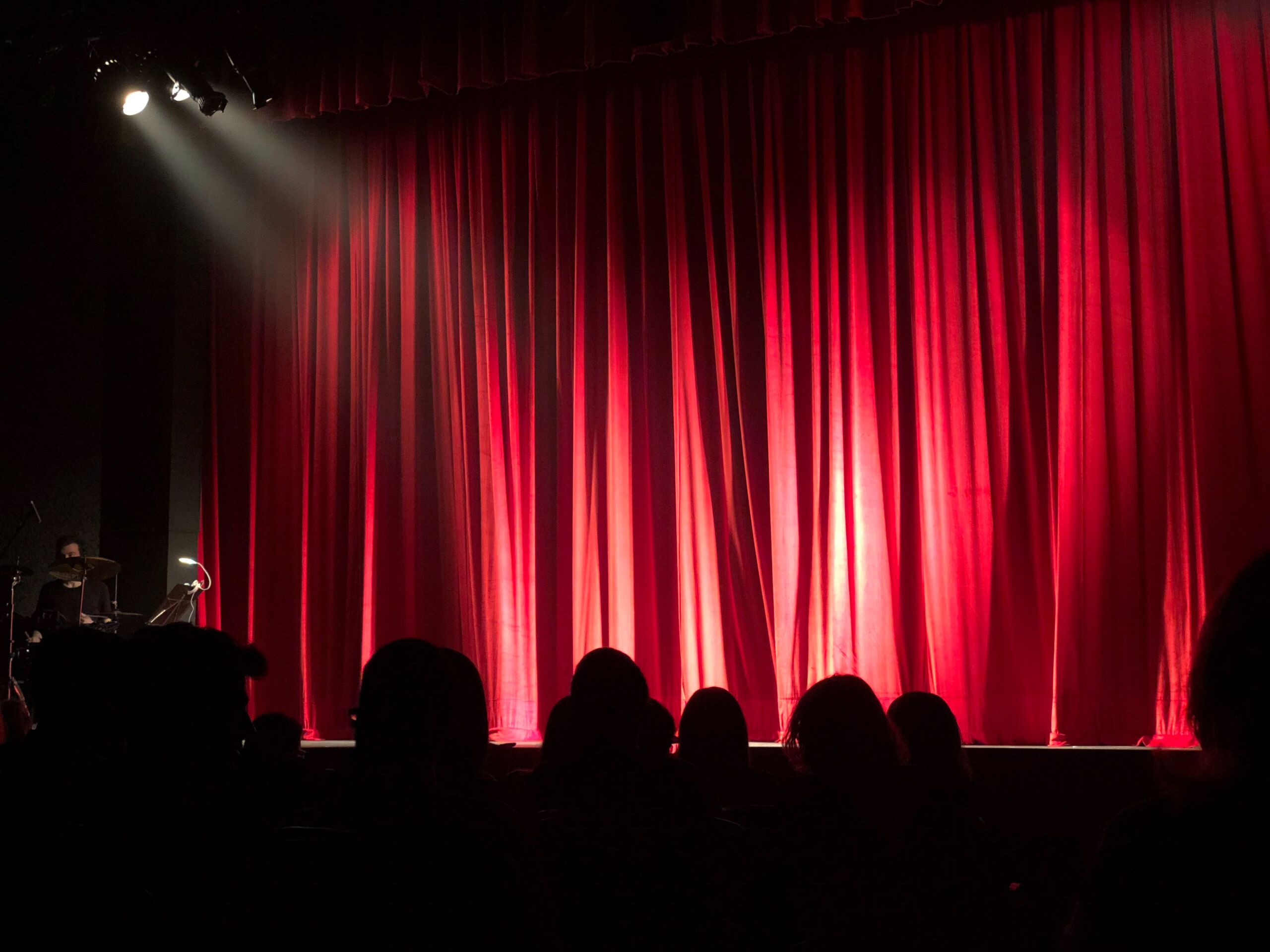
Grand rights
“Grand rights” is the term widely used in theatre music licensing to refer to the performance of a musical work in the context of “dramatico-musical works” and “ballets”:
A “dramatico-musical work” refers to an opera, operetta, musical play, revue or pantomime for which the music has been specially written.
The term includes musicals specially written for the stage (such as Phantom of the Opera, Wicked or West Side Story), as well as musicals first conceived for film (such as Disney’s The Lion King or Mary Poppins), broadcast or sound recording (such as The Who’s Tommy or Pink Floyd’s The Wall).
PPL PRS do not license the performance of PRS controlled musical works in dramatico-musical works, when those works are performed on the live stage in the context of a dramatic presentation.
If you are intending to stage the whole, or part of a dramatico-musical work, you will need to contact the copyright owner.
By extension, individual works specially written for plays and other dramatic presentations, that are not themselves dramatico-musical works are not licensable by PPL PRS, when performed in or in conjunction with the dramatic presentation for which they were written.
However, PPL PRS do license the use of PPL controlled recorded music in dramatic presentations. This type of music usage is charged under the PPLPP030 tariff for amateur theatrical productions or the PPLPP032 tariff for professional theatrical productions.
“Ballet” is defined as a choreographic work having a story, plot or abstract idea devised or used for the purpose of interpretation by dancing and/or miming.
Unlike dramatico-musical works the music does not need to be specially written for the ballet for its performance in conjunction with that ballet to be classified as a grand right for licensing purposes.
When PRS controlled music is used, PPL PRS do not license the whole or any part of musical work composed or used if the performance is accompanied by a visual representation of the whole or part of such ballet.
Producers will require a licence from the copyright holder in order to obtain the relevant permissions. However, PPL PRS do license the use of PPL recorded music in ballets.
This type of music usage is licensed under the PPLPP032 tariff for professional theatrical productions and is charged based on the number of minutes of recorded music that is used.
Songs from shows
Although PPL PRS do not license grand rights, they do license the live performance of individual songs from dramatico-musical works provided that:
The performance of the work(s) is non-dramatic i.e. it is not visually suggestive of the parent show through costume, characterisation, choreography, prop, scenic effect etc singularly or in combination e.g. a performer wearing a mask and performing a song from Phantom of the Opera.
The use does not constitute a condensed or “potted” version, or cover an entire act, of the parent show.
The total duration of the excerpt from the parent show in the course of the same programme does not exceed 25 minutes.
If you are intending to adapt or record one or more musical works for the purpose of non-dramatic performance (in the form of a medley for example), permission must be obtained from the copyright owner. TheMusicLicence does not cover performance of works by means of a recording without the consent of the copyright holder concerned.
Small rights (music not specially written for dramatic presentation)
Music not specially written for a dramatic presentation is licensable by PPL PRS. For the purpose of its licensing activities, PPL PRS recognises two forms of music use in dramatic presentations: interpolated music and incidental music.
Incidental music refers to music that is not performed by, or audible to a character within the dramatic performance. It is music that may transition a scene change, refer to an underscore or music played at curtain raising or closure.
The PRS royalty for the performance of incidental music is a capacity-based charge per week calculated in accordance with section 3.2 of PRS tariff T.
Where PPL controlled recordings are played as incidental music, a PPL royalty will also be payable and calculated under the PPLPP030 tariff for amateur theatrical productions or the PPLPP032 tariff for professional theatrical productions.
Interpolated music refers to the use of both recorded and live music, which exists within the dramatic world of the presentation. This means that the music is part of the drama and it is audible to characters, even if they don’t directly react to it.
To correctly identify interpolated music, imagine the presentation as a film. As a viewer, we instinctively understand when a character in a film can hear the music and when it’s just soundtrack that they can’t hear.
Such as when there’s a car chase; the driver can’t hear the dramatic chase music that accompanies it, but if there is music playing on the car radio, they can hear that.
As the viewer, we understand this distinction immediately – if this were on stage, any in car music would be “interpolated”.
Although interpolated music is controlled by PRS and PPL, a venue licence does not authorise the performance of interpolated musical works in theatrical presentations.
Unless the licensee or applicant has first applied in advance for such licence and PPL PRS has, after confirming the same with the publisher or copyright holder, specifically advised the customer or applicant that it is authorised to grant the licence.
If the copyright holder has not granted authority to issue the licence, PPL PRS will direct the applicant to the copyright owner.
Authorisation must be sought in advance of performances via our application form which is available on request directly from PRS, at dramaticapplications@prsformusic.com
All applications should be submitted at least 30 days in advance of the first performance to allow the appropriate clearance process to be considered.
With regard to dramatic presentations featuring the works of a particular writer, artist/group or genre, we recommend that applications for authorisation are made as far in advance as possible.
Please contact dramaticapplications@prsformusic.com for guidance.
Where PPL PRS confirms that it has been authorised to license the performance of interpolated music from the PRS and PPL repertoires the following royalties will be payable:
When PRS controlled music is used, the performance of interpolated music is calculated as a percentage of the revenue charge. This varies according to the duration of PRS controlled music used and is charged in accordance with section 3.3 of PRS tariff T.
When PPL controlled recorded music is used, a PPL royalty rate is also payable and calculated under the PPLPP030 tariff for amateur theatrical productions or the PPLPP032 tariff for professional theatrical productions.
PRS controlled music that has not been specially written for a pantomime does not require interpolated music clearance when it is performed in the course of the production.
Such pantomimes are licensed by PRS as a variety show. However, pantomimes for which the words and music have been specially written are classed as dramatico-musical works and are not controlled or licensable by PRS.
Where interpolated music controlled by PPL is used in pantomimes, this type of music usage is licensed under the PPLPP032 tariff for professional theatre productions and is based on the number of minutes of recorded music used.
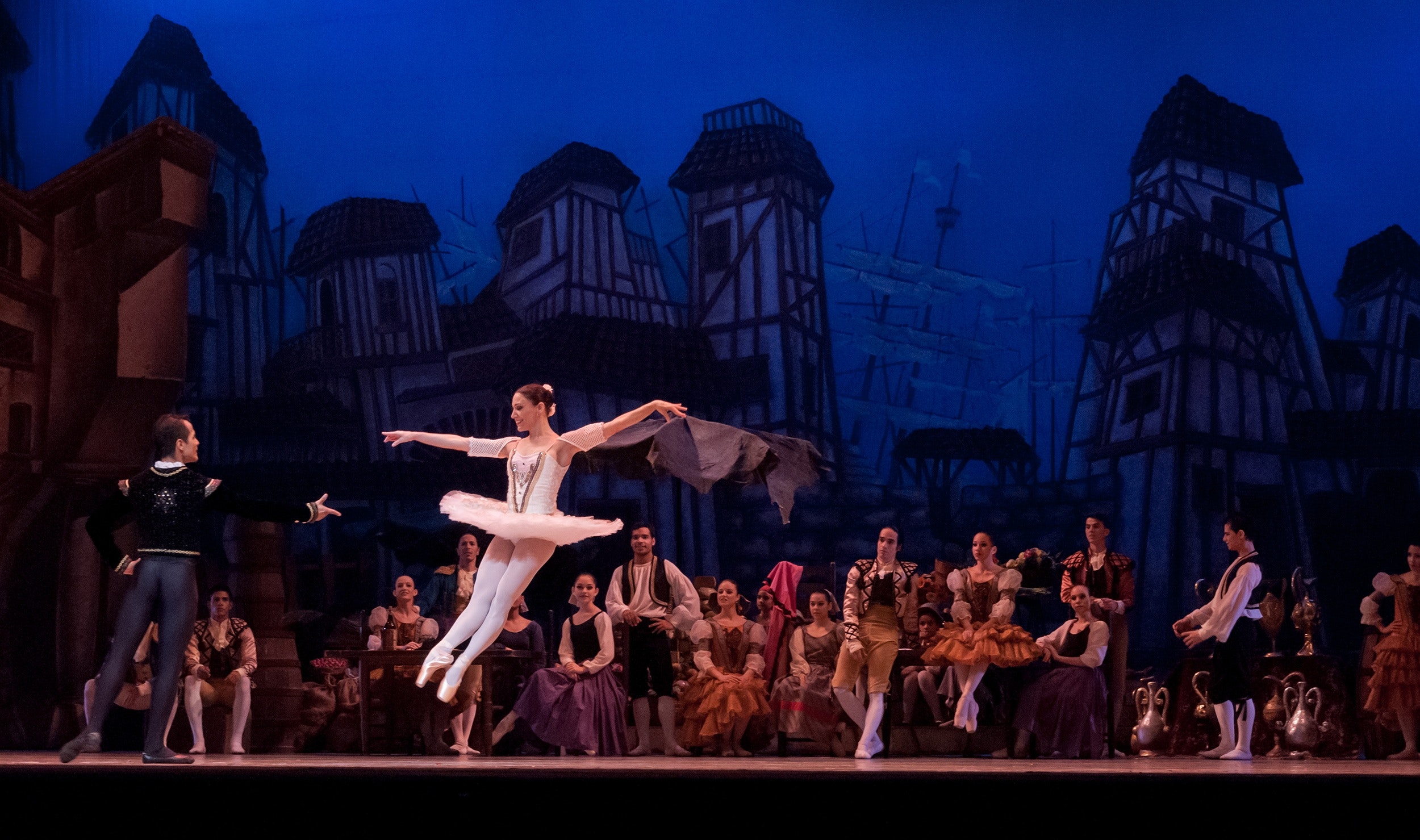
Overture, entr’acte & exit music
Overture / entr’acte / exit music refers to music that is played in the auditorium before a theatrical performance starts, during an interval and when the audience exits after the performance has finished.
This form of music use is controlled by both PRS and PPL and is licensable by PPL PRS. It is covered by a venue licence and charged at an annual rate under section 3.1 of PRS tariff T and under the PPLPP031 tariff for background music in theatres.
Other areas of the venue, e.g. a café or bar, would be charged separately under the appropriate PPL and PRS tariffs.
Variety shows
A variety show is staged entertainment made up of a variety of acts including music, dance and comedy.
The term includes anything in the nature of variety, including revues and pantomimes for which the words and music have not been specially written, but does not include concerts.
PPL PRS license the public performance of musical works and sound recordings in the context of variety shows.
Where PPL controlled recordings are played in the course of a variety show, the royalty will be payable by the production company and calculated under the PPLPP030 tariff for amateur theatrical performances or the PPLPP032 tariff for professional theatrical productions.
Where PRS controlled repertoire is used, a royalty is also payable by the venue operator calculated in accordance with the PRS tariff V.
Unless the performance takes place at premises for which no or only a nominal charge for admissions is made. The royalty rate is charged at a percentage of the revenue charge expressed as 2% of gross receipts net of VAT.
However, discounts are available depending on the proportion of PRS controlled music in the show, expressed as a percentage of the overall running time of the production.
In order to qualify for a discount, the applicant must submit the necessary information about the production no later than five days after the first performance or ten days before the last performance, whichever date is earlier.
Click here to download the application form or alternatively contact varietyapplications@pplprs.co.uk for an application form.
Walk on / walk off music
A walk on / walk off rate applies for talks and stand-up comedy shows at theatres, arenas and similar venues, where the only act uses a small amount of music when entering and exiting the stage.
For music to be classed as walk on / walk off the usage must not exceed five minutes in duration and must not be used anywhere in the rest of the performer’s act.
PPL PRS license walk on / walk off music. When music from the PRS repertoire is used, the PRS royalty rate applied is 0.2% of the actual gross receipts from the show, net of VAT.
When music from the PPL repertoire is used, the PPL royalty rate is based on the number of minutes of recorded music used during the walk on and walk off sections of the production, under the PPLPP032 Theatrical Productions tariff.
Simulcast & encores
For PPL PRS public performance licensing purposes, a ‘simulcast’ is the term used to describe a live event that is broadcast in real time to other venues. An ‘encore’ is a broadcast of a recording of a previously staged live event to other venues.
PPL PRS license venues or promoters screening simulcast or encore performances that contain PPL or PRS for Music controlled repertoire.
Simulcast and encore performances of live music events in cinemas fall under the PRS tariff C and are charged at 3% of actual receipts.
Live music events include operas, musicals, ballets and live concerts. However, if the screening is of a theatrical performance where the main feature isn’t music, such as a play, the royalty rate is 1% of box office.
Public screenings of encore or simulcast performances of dramatico-musical works and ballet do not fall within the definition of grand rights and are licensable by PPL PRS.
Exclusions
In certain circumstances, musical works and catalogues are not controlled by PPL or PRS for Music and are therefore not licensable by PPL PRS.
These include:
- The use of works from the musical, ‘Grease’, written by Jacobs and Casey, when used on a live stage. This includes but is not limited to the use in theatrical presentations, concerts and in pantomime.
- The use of works from the Disney catalogue, in theatrical presentations or pantomime.
- “Grand Rights”
- Please note, exclusions may be subject to additions and / or change. PPL PRS cannot guarantee that permission to use musical works and catalogues that are not controlled by PPL or PRS will be granted.
- For more information on music licensing for theatres please contact livemusic@pplprs.co.uk or see the tariff section above.
How is the cost calculated?
TheMusicLicence cost depends on a number of factors, including your type of venue and how you use music in your day-to-day operations, whether that be for background purposes or other usages such as live performances and events.
Specially featured entertainment
Starts from...
Live performance
(Single Events)
Starts from...
Get TheMusicLicence
At PPL PRS we have a specialised team of Live Music Advisers who will take you through your theatre music licence application step-by-step, making it easy for you to obtain a music licence for your theatre, live event or performance.
Contact our Live Music Team on 0208 338 1407 or complete our contact form to get a quote today.
Get a Quote
Please complete the Get TheMusicLicence form below to arrange a quote.
Related articles
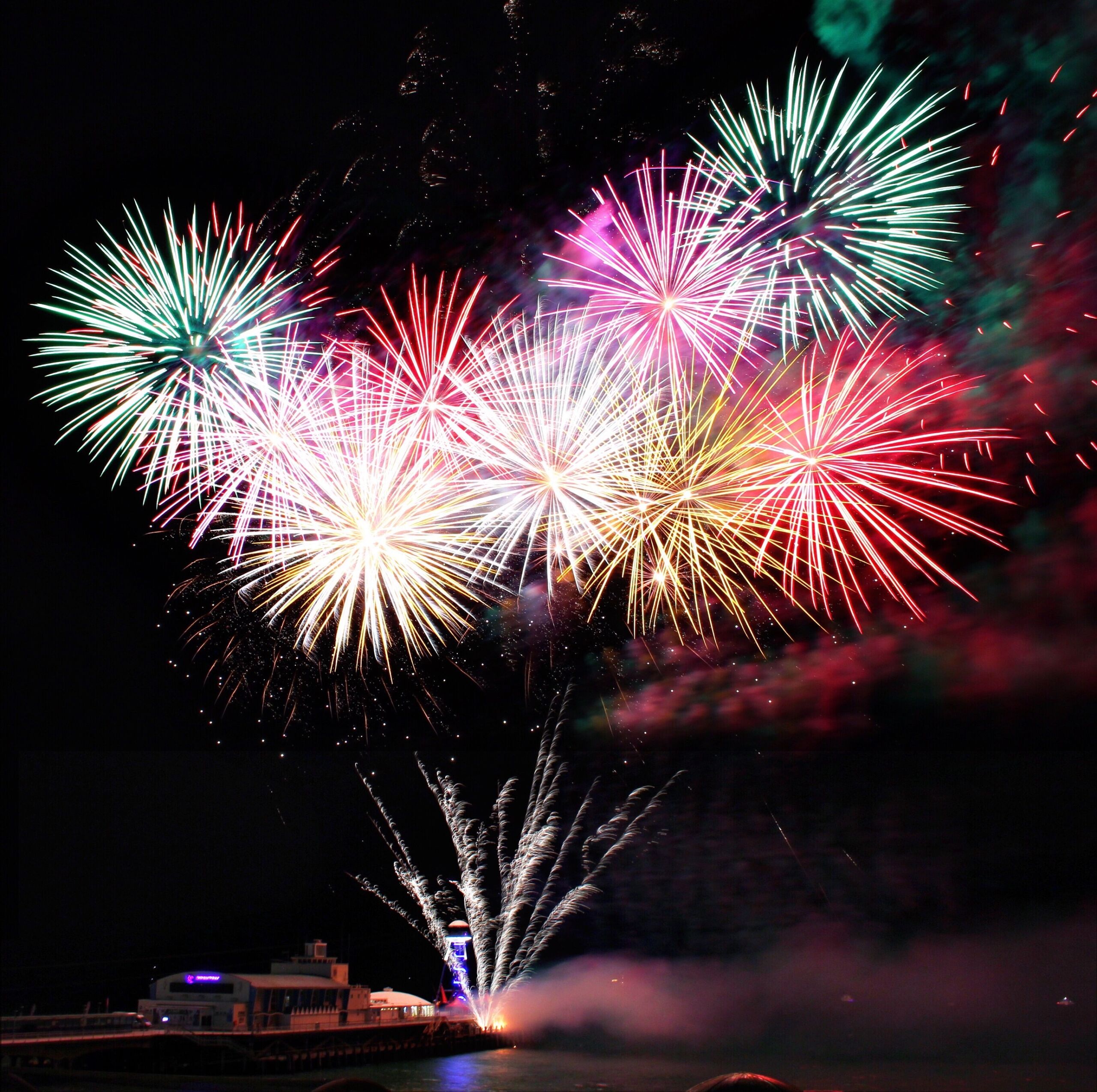
Put more dance into your Diwali
Diwali is a Hindu festival celebrated by more than a billion people every year around the world. This year the 5-day festival begins on 12th November.
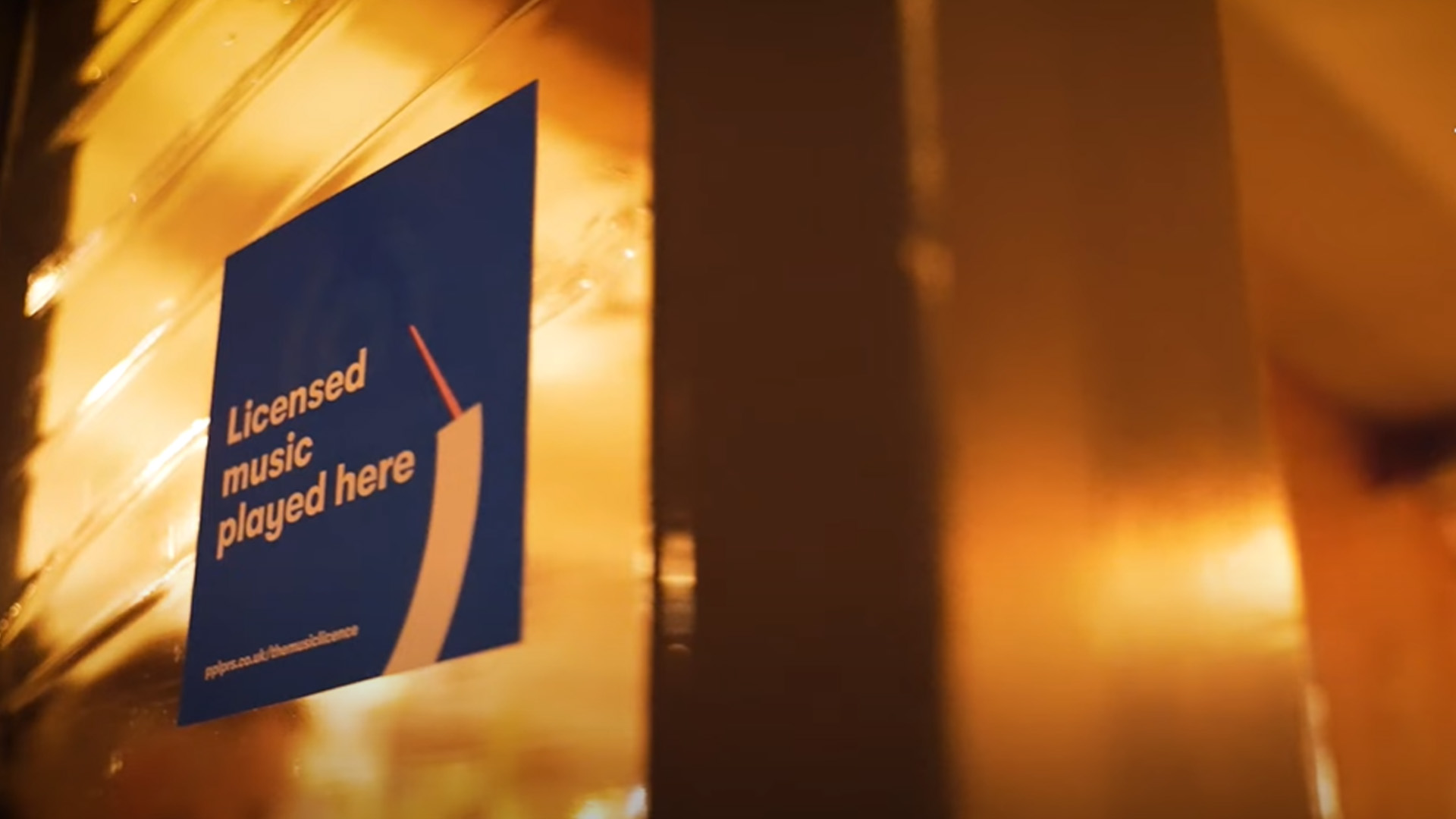
How to build a better brand?
The Botanist uses this one tool to enhance the customer experience. When it comes to attracting customers – new and returning – it’s well known that atmosphere is key.
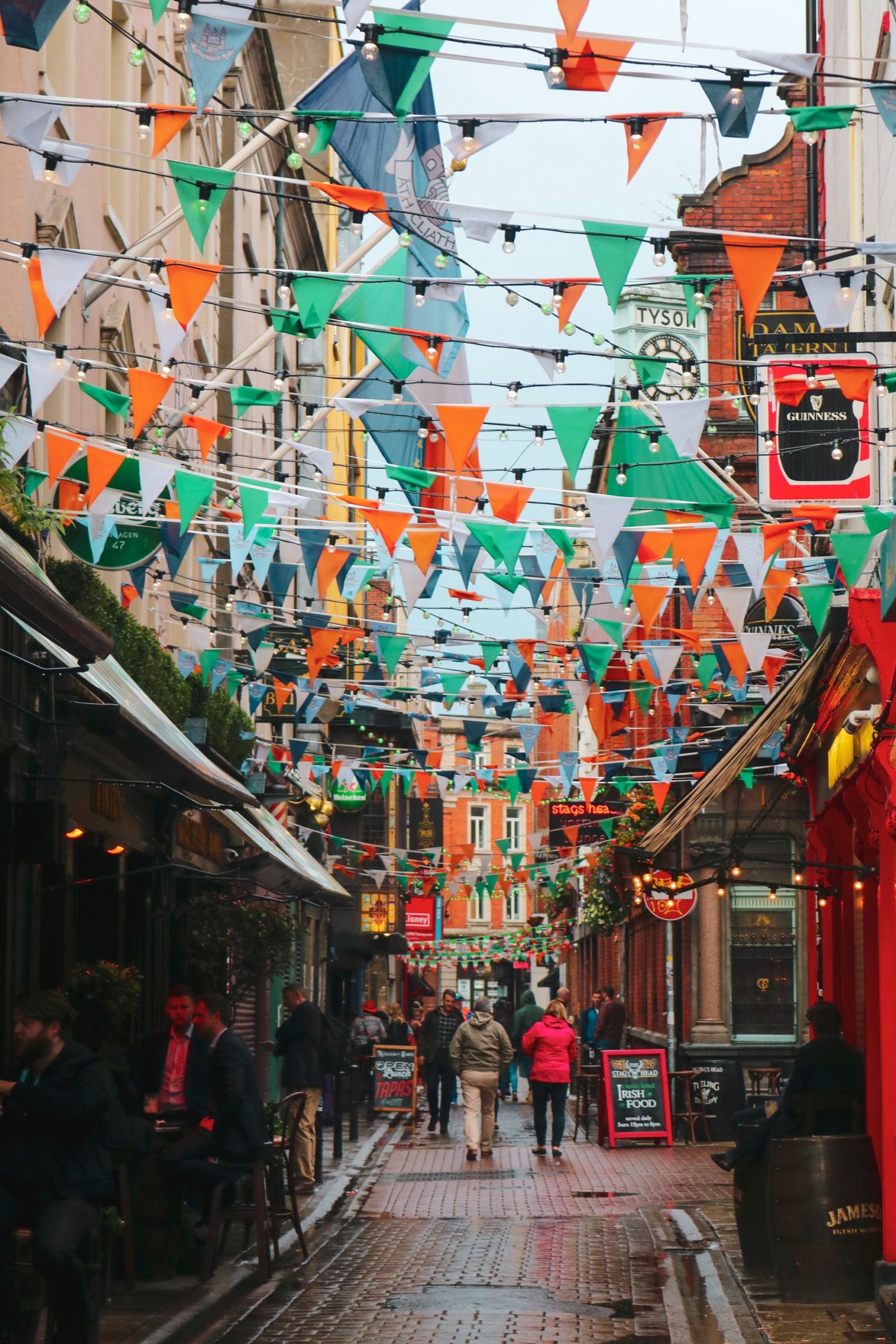
Spring into celebrations this St Patrick’s Day
Despite being first recognised thousands of centuries ago, St Patrick’s Day is still as popular …

How music & nature harmonise
Two-thirds of UK adults say music influences their spending habits, with POP a popular choice
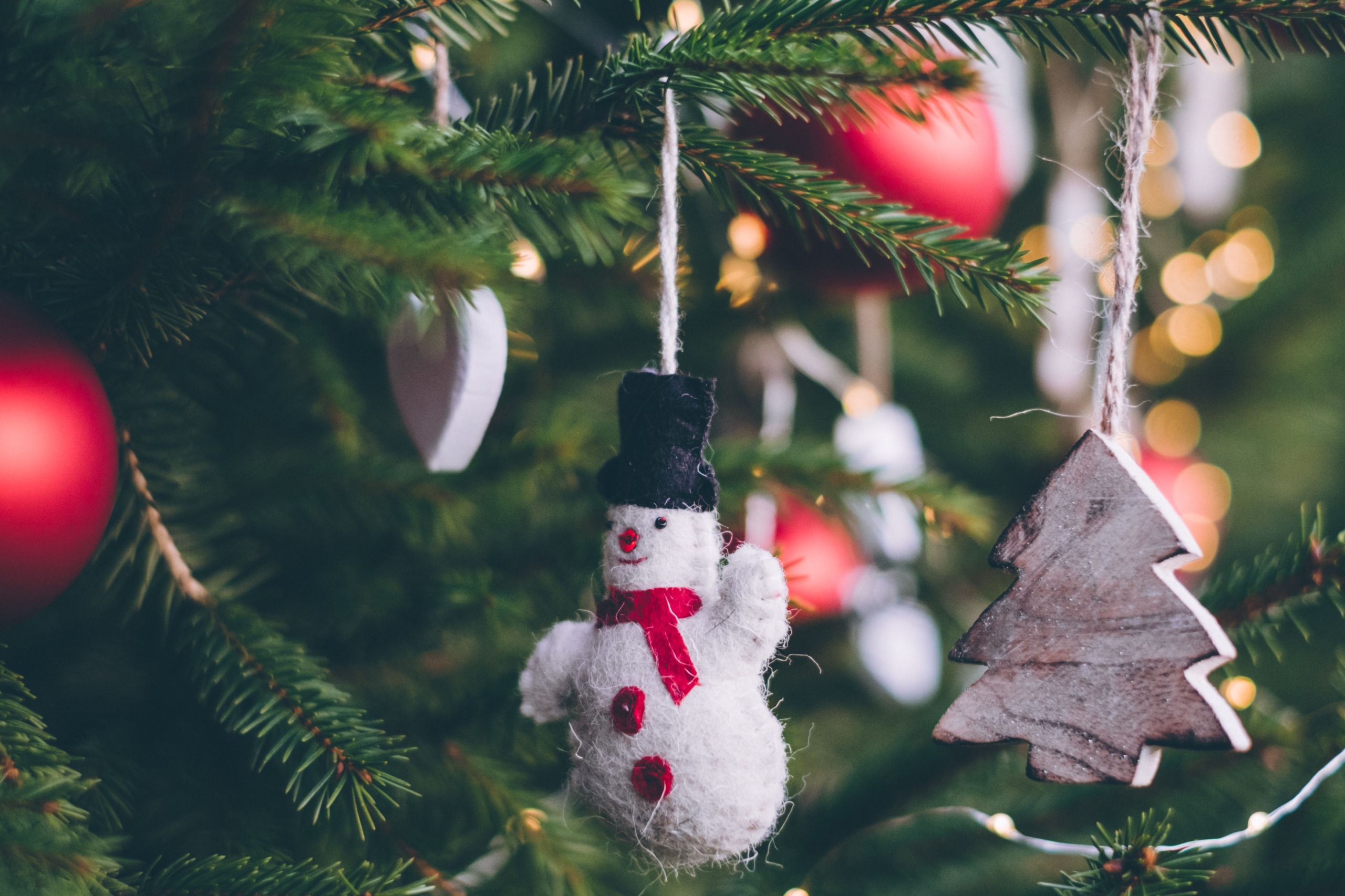
Getting the most out of music this Christmas
It’s safe to say that last year’s Christmas left a lot of us with a resting Grinch face. However, this year, with call for greater optimism, the ghosts of Christmas past will hopefully not be returning.
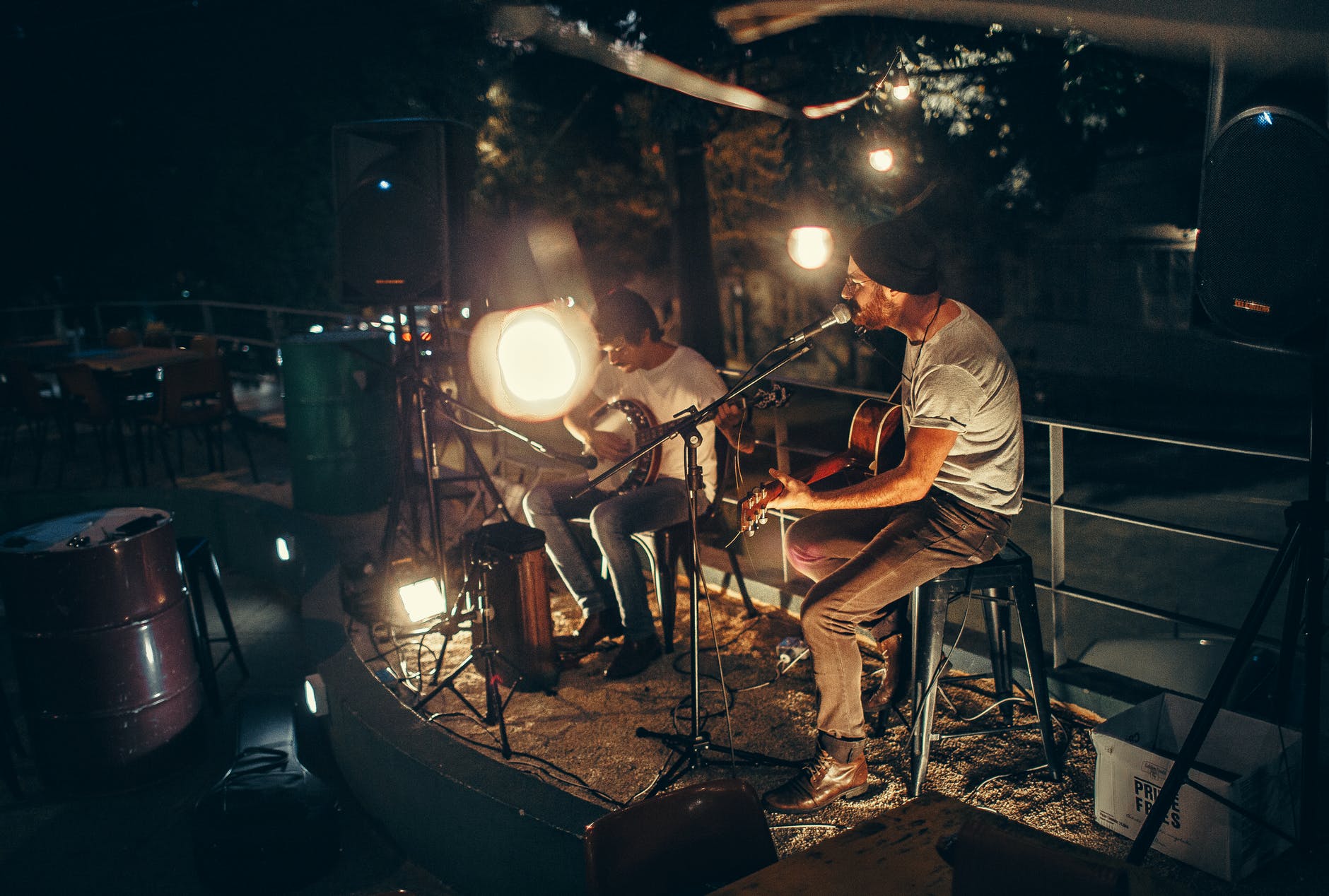
Love the live-light
Whether it’s more of a labour of love or a love of labour, life is about many things, but, above all it’s about balance.
Thinking about playing music at your live event or festival and want to know more?
What is TheMusicLicence?
What is TheMusicLicence
Do I need a music licence?
Do I need a music licence?
Where does my money go?
Where does my money go?
How do I get TheMusicLicence?
Call us on 0208 338 1407
(8am-6pm, Monday-Friday)
Alternatively you can complete the online form and an adviser will be in touch.


